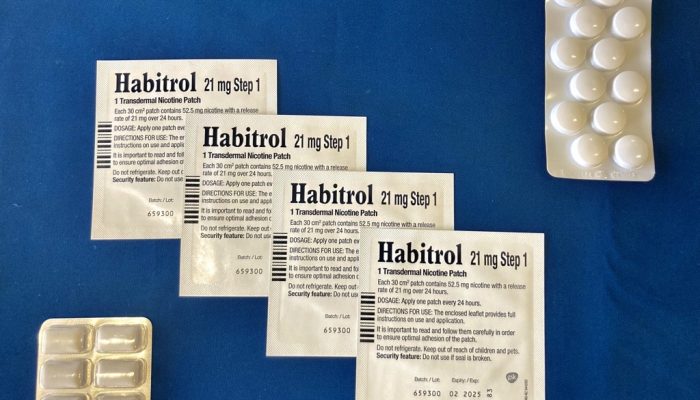We are excited to announce that the Philadelphia Department of Public Health has formalized our participation in the Bloomberg Philanthropies Partnership for Healthy Cities, a global network of cities committed to reducing non-communicable diseases (NCDs) and injuries. The Partnership, announced in May of 2017 , is led by World Health Organization (WHO) Global Ambassador for NCDs and former New York City Mayor, Michael R. Bloomberg.
Philadelphia has dedicated a great deal of effort and resources into changes to policy, systems, and environments that impact risk for chronic conditions in the city. Yet we lack robust systems for routinely evaluating the effectiveness of these efforts on health behaviors and outcomes. Philadelphia’s focus within the Partnership will be on creating such systems- to assess the success and equity of efforts to increase walking and biking within the city, as well as on developing a sustainable system for monitoring non-communicable diseases and health behaviors such as smoking and healthy diet at least annually.
“The Partnership for Healthy Cities unites mayors who are committed to helping their citizens live healthier lives and to reduce NCDs and injuries,” said WHO Global Ambassador Bloomberg. “The actions these mayors take can prevent millions of needless deaths and protect the health of generations to come, while at the same time making their cities stronger and more prosperous.”
The Partnership for Healthy Cities is an 18-month initiative. Each city in the Partnership has pledged to enact one of 10 proven policies identified by WHO as effective in protecting people from exposure to NCDs and injury risk factors.
By implementing effective evaluation systems, Philadelphia will ensure that its efforts to reduce the number of premature deaths caused by NCDs and their risk factors are moving in the right direction. As a part of the Partnership for Healthy Cities, Philadelphia has gained access to a global network of city leaders and public health experts working to prevent NCDs and injuries, along with a seed grant to jumpstart the effort.




